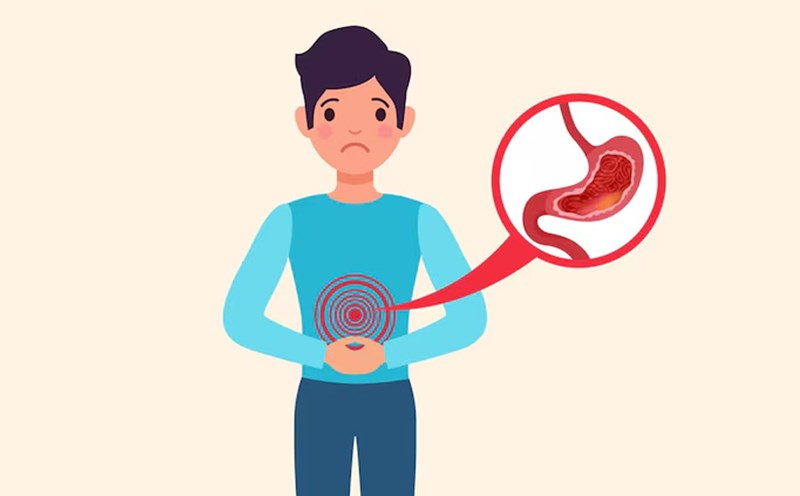You sip a sip of iced coffee and suddenly feel a tangerine? Or do you feel itchy when enjoying hot soup? Many people think this is just a common sign of sensitivity due to weak tooth enamel or cavities. But according to the dentist, there is an unpredictable cause: acid reflux, a phenomenon that can silently destroy tooth enamel without you knowing it.
Tooth Enamel for Stomach Acid
According to Dr. premila Naidu, dentist and founder of Small Bites Clinic (India), acid reflux is often known for its heartburn symptoms. However, with a silent reflux, acid can move from the stomach to the esophagus, even into the mouth, even without causing a clear burning sensation.
As a result, the tooth enamel layer, which acts as a protective shield, is gradually eroded, making teeth more sensitive to the temperature and pH of food.
Not only that, silent reflux also reduces saliva production, this is an important factor in neutralizing acid and re-mineraling tooth enamel.
"When saliva decreases, the effects of acid become more serious," Dr. Naidu warned.
Preventing tooth damage early
You can proactively prevent tooth damage caused by acid reflux with two main strategies including controlling stomach symptoms and taking proper tooth care.
Regarding lifestyle, limit stimulant foods such as spicy foods, coffee, wine, and sour fruits. Eating small meals, avoiding lying on your stomach immediately after eating, and raising your head while sleeping can help reduce the risk of reflux. In addition, reducing stress also contributes to supporting a more stable digestive system.
For teeth, you should use a toothpaste containing fluoride, avoid brushing your teeth immediately after eating sour and use a soft brush. Drinking enough water and brushing your mouth after meals also helps neutralize acid, protecting tooth enamel.
For people with chronic reflux, supplements such as chewing sugar-free gum to stimulate saliva or drinking alkaline water can bring benefits. Regular dental check-ups are necessary to detect early detection of tooth enamel damage.
If you often experience tooth decay without a clear cause, consider the possibility of silent acid reflux. Combining proper oral care with lifestyle adjustment is key to protecting your smile from this silent threat.










